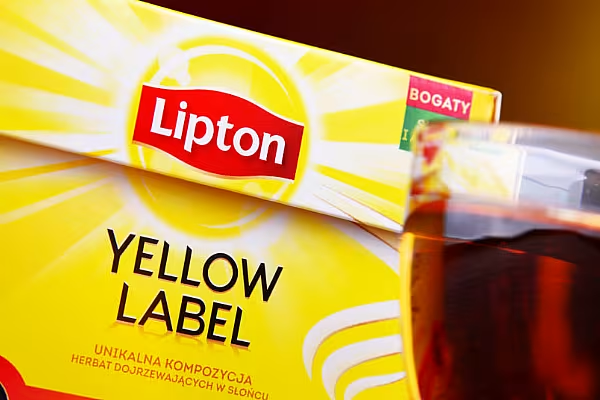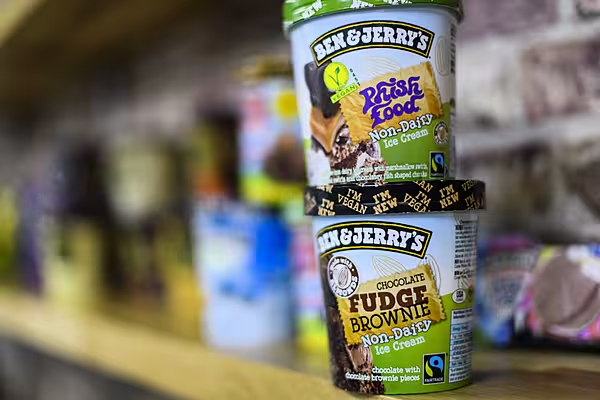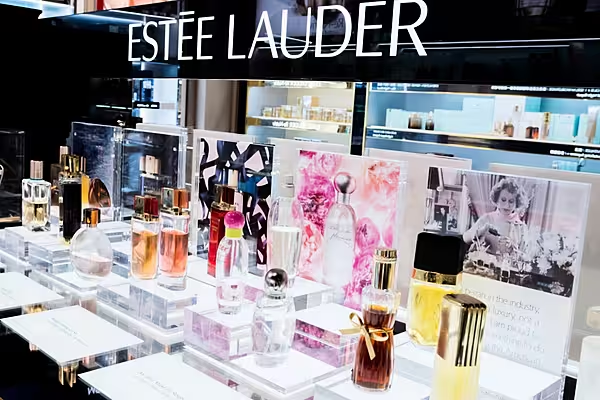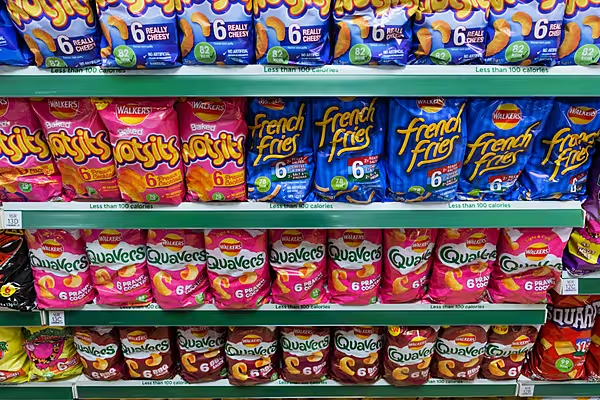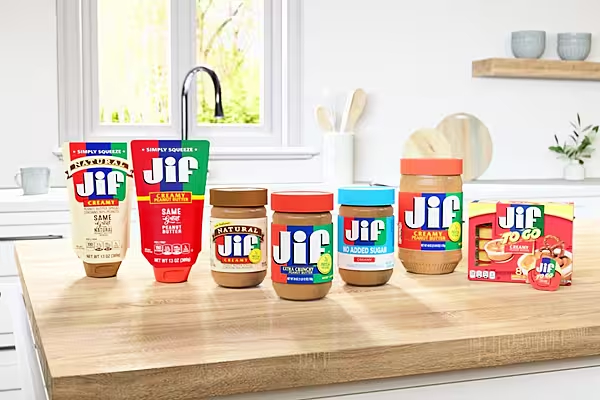A leading industry analyst has said that Unilever's decision to undertake a 'strategic review' of its Tea category could be the spark required to kickstart both growth and cost savings at the business.
Anubhav Malhotra of Liberum Capital was commenting following the publication of Unilever's full-year results, which showed a 2.9% increase in underlying sales growth, led by its emerging markets business and Home Care division.
Making Progress
Malhotra said that Liberum is "pleased to see some progress on the disposals strategy, with Unilever initiating a strategic review of its global Tea business", which is worth around €3 billion in sales.
As he explained, Unilever's recent investor days have highlighted "a move away from a dizzying pace of bolt-on deals towards integration, disposals and continuing digital transformation. The market misses that management focus on scaling the brands of tomorrow whilst disposing of slow-growth assets should help Unilever become a mid-single-digit top-line growth company in time."
With this in mind, Liberum sees scope for €2 billion worth of cost savings per annum beyond 2020, which in turn could provide "firepower to reinvest and to expand margins beyond the 20% target", said Malhotra.
'Subdued Demand'
Elsewhere, Russ Mould, investment director at AJ Bell, said that it is unsurprising that Unilever is reviewing its tea business, after the segment saw volumes decline and 'subdued consumer demand' in developed markets.
"With sales of products like PG Tips and Lipton under pressure in developed markets, suggesting either a move away from the traditional cuppa or less attachment to specific brands in this market, Unilever has been focusing on items such as premium tea and fruit and herbal varieties," he said.
“However, it appears more drastic action might be required. The decision to launch a strategic review of its tea business reflects an attempt under CEO Alan Jope to reposition the company towards areas of higher potential, after a period in which growth has been harder to come by."
Unilever has made efforts in the past to part with lower-growth brands, selling its spreads business in December 2017, Mould noted.
As for Unilever's overall performance, Mould added, "“The underlying group performance in the fourth quarter was actually a little better than expected after a pre-Christmas warning linked to declining sales in South Asia and West Africa.
“The company continues to expect a second-half weighting to 2020. This could be setting itself up for a fall if the anticipated recovery doesn’t come through."
'Stepping Up Execution'
Commenting on the group's full-year performance, Jope said that Unilever was now "stepping up execution against our fundamental drivers of growth. These are to: increase penetration by improving brand awareness and availability; implement a more impactful innovation programme; improve our performance in faster growing channels; drive purpose into all our brands; and fuel growth through cost savings."
The business expects underlying sales growth for 2020 to be 'in the lower half' of its multi-year 3% to 5% range.
© 2020 European Supermarket Magazine – your source for the latest retail news. Article by Stephen Wynne-Jones. Click subscribe to sign up to ESM: The European Supermarket Magazine
